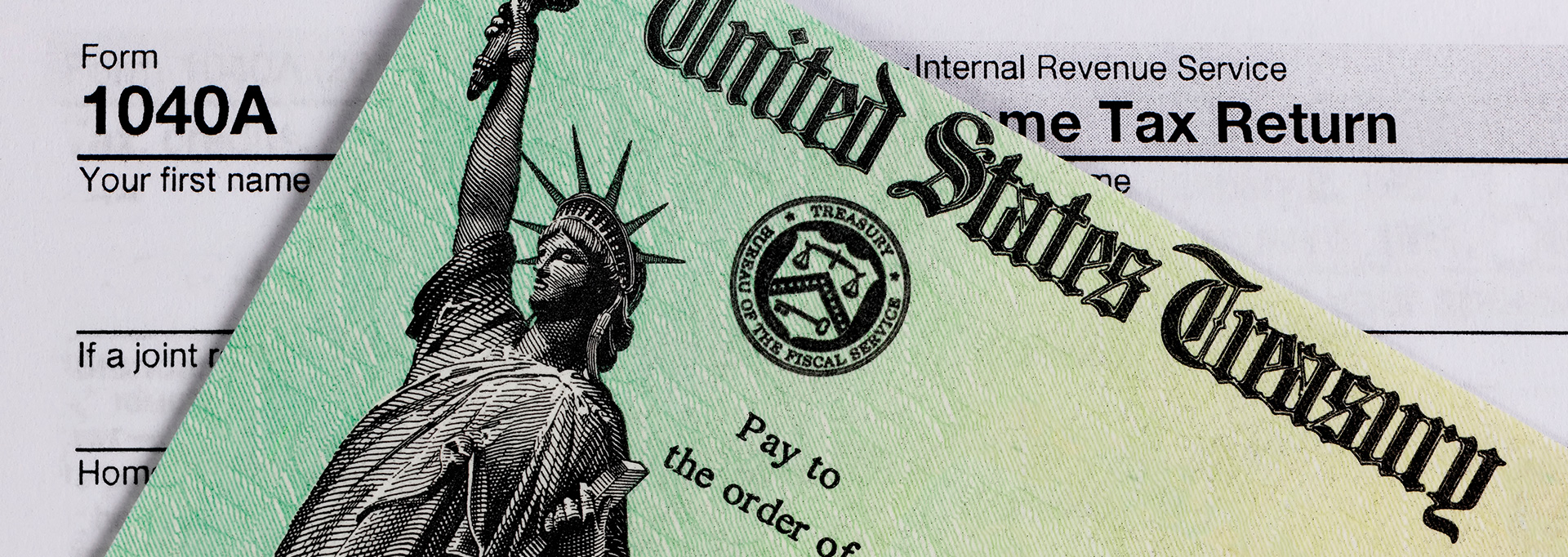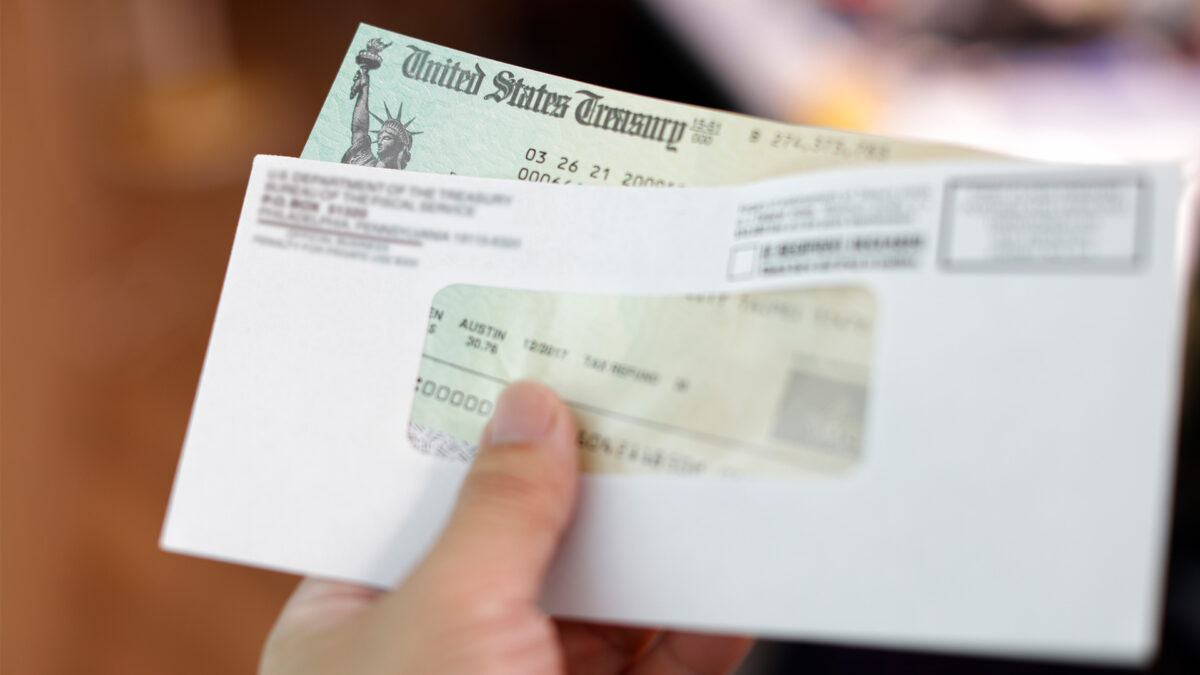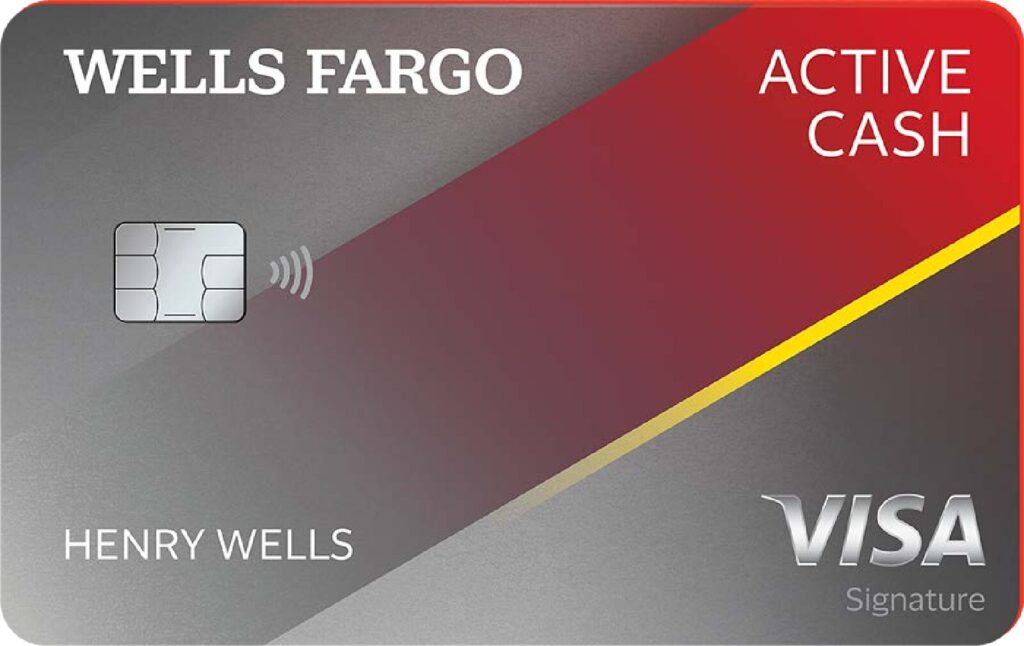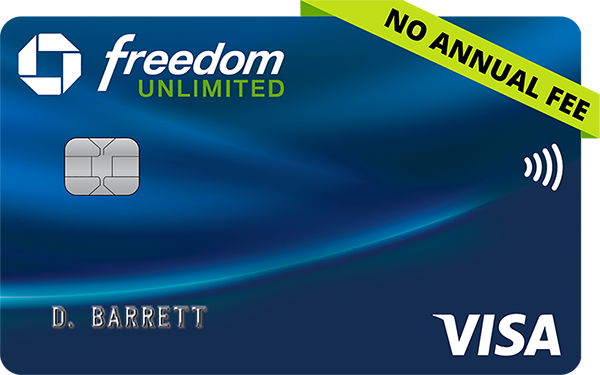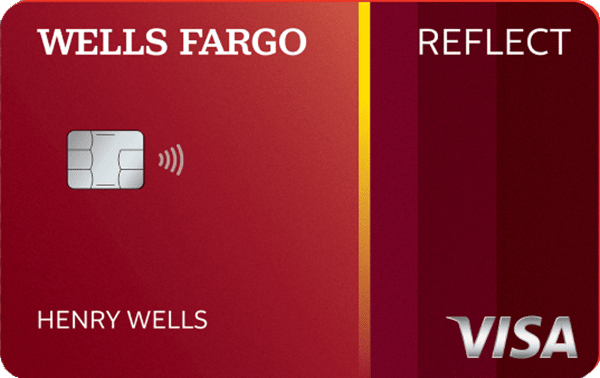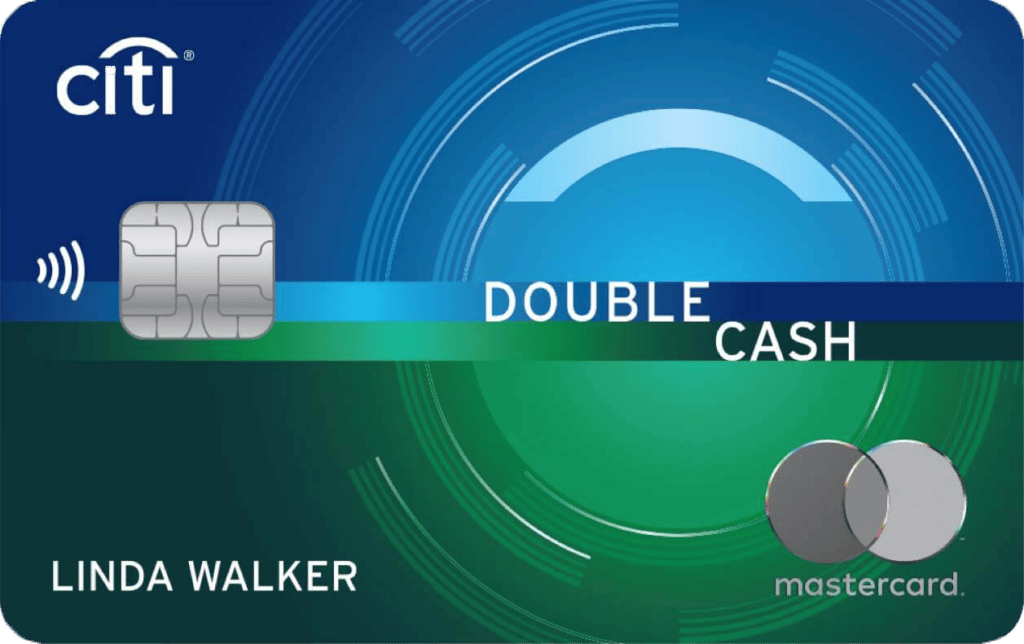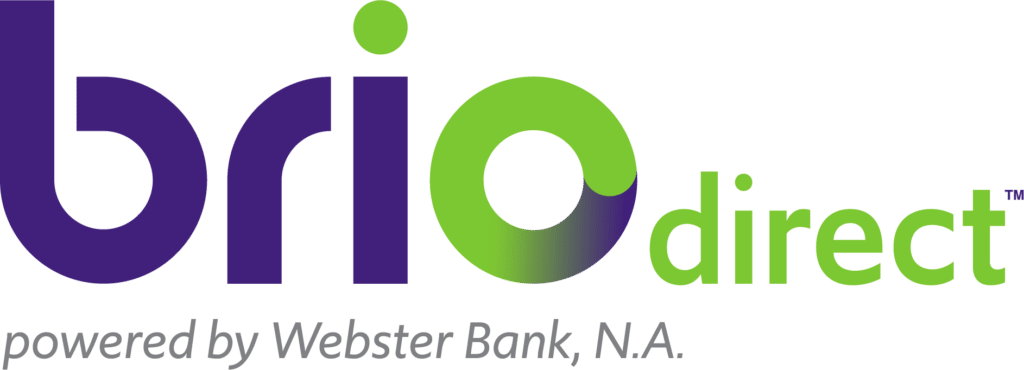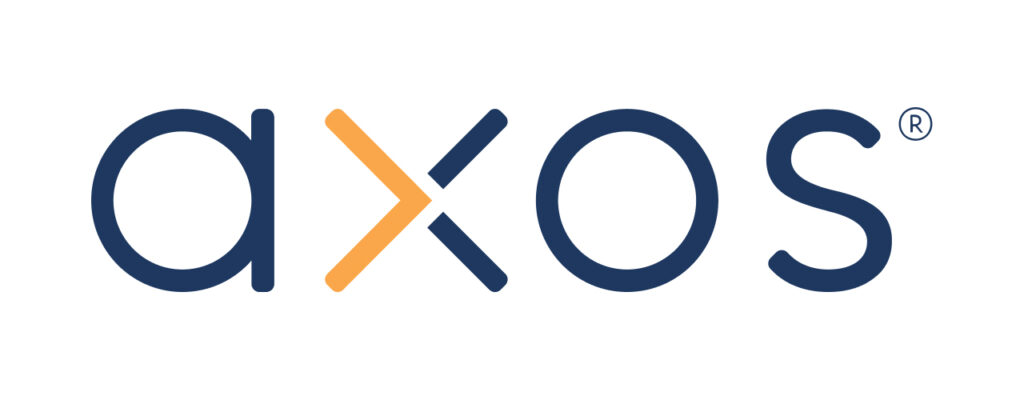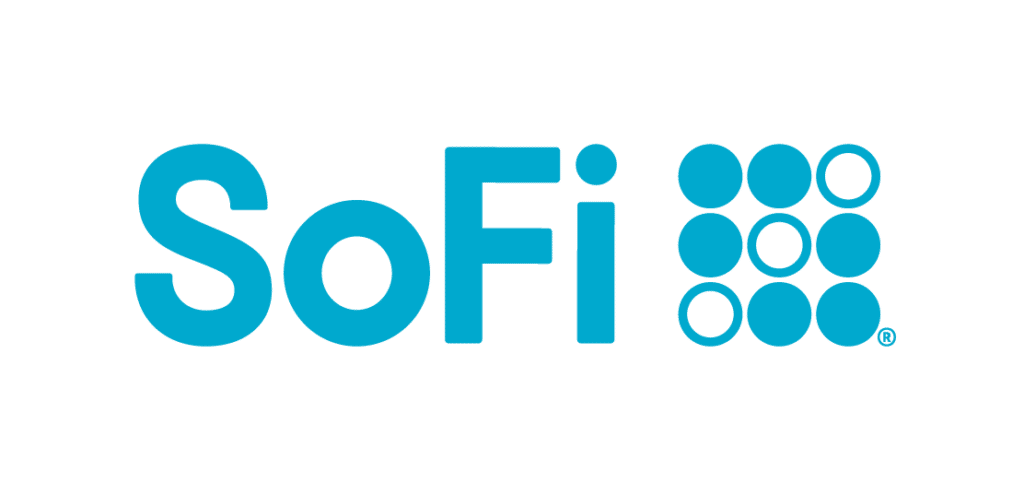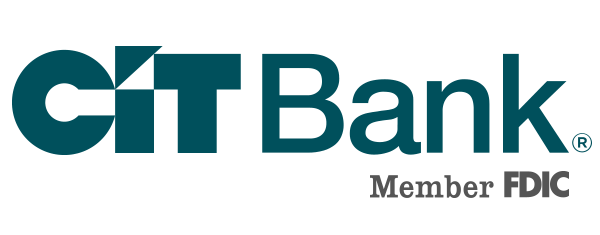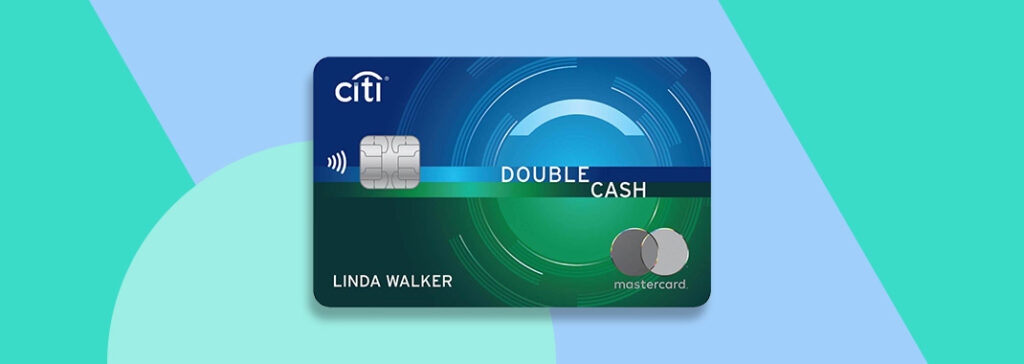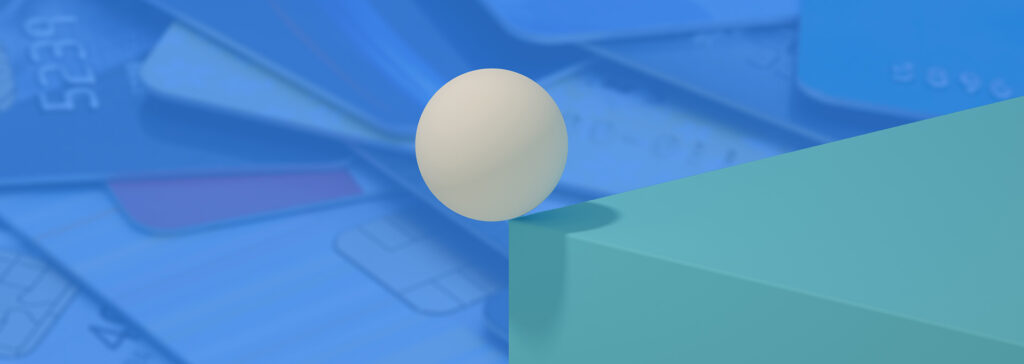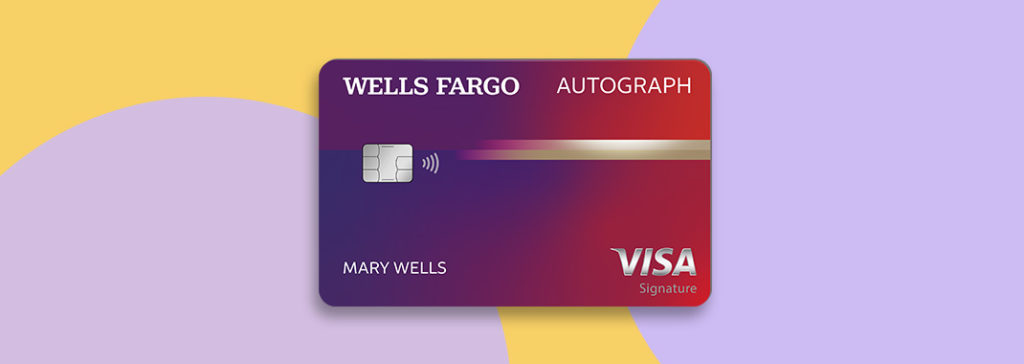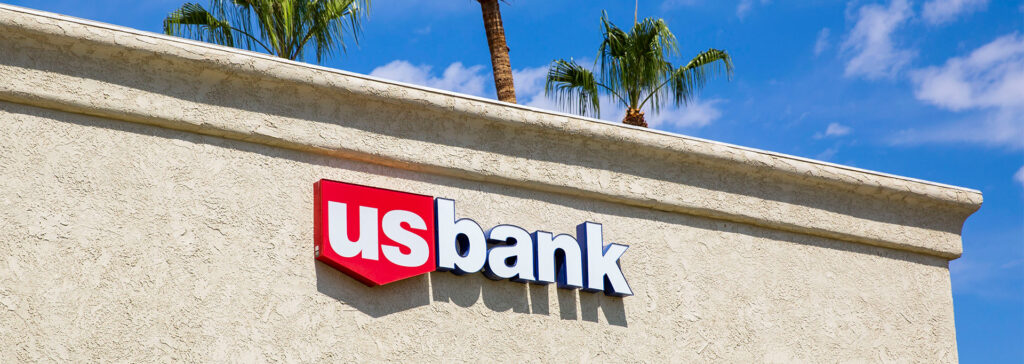Most products on this page are from partners who may compensate us. This may influence which products we write about and where and how they appear on the page. However, opinions expressed here are the author's alone, not those of any bank, credit card issuer, airline or hotel chain. Non-Monetized. The information related to Chase credit cards was collected by Slickdeals and has not been reviewed or provided by the issuer of these products. Product details may vary. Please see issuer website for current information. Slickdeals does not receive commission for these products/cards.
In 2023, the average tax refund was $3,145 according to the
If you’re strategic about how you use the cash you receive back from the federal government, it could set you up for a more successful year to come. Yet even if you decide to be responsible with your tax refund, you still have to figure out the best way to apply your money. Depending on your situation, you might need to choose between paying down debt or saving money for the
The following tips can help you decide the options that make the most sense for you.
Reasons To Pay Down Debt With Your Tax Refund
Using your tax refund to lower your debt offers several possible benefits. Here are reasons you may want to consider paying down debt with the cash you get back from Uncle
High-Interest Debt
When you owe high-interest debt, like
Recommended Low-Interest Credit Cards
| Credit Card | Intro APR | APR | Learn More |
|---|---|---|---|
|
|
0% intro APR for 12 months
0% intro APR for 12 months from account opening on purchases and qualifying balance transfers. 18.49%, 24.49%, or 28.49% variable APR thereafter; balance transfers made within 120 days qualify for the intro rate and fee of 3% then a BT fee of up to 5%, min: $5. |
18.49%, 24.49%, or 28.49% (Variable) |
Apply Now Rates & Fees |
|
|
0% Intro APR for 15 months
This card allows new cardholders to save money with an introductory 0% interest rate on new purchases and balance transfers for the first 15 months of account opening. After the introductory period, a 18.24% - 27.74% (Variable) rate will apply. Balance transfers made within the first 60 days of account membership will be charged a balance transfer fee of either $5 or 3% of the amount of each transfer. After 60 days, that balance transfer fees increases to either $5 or 5% of the amount of each transfer, whichever is greater |
18.24% - 27.74% (Variable) | Apply Now |
|
|
0% intro APR for 21 months
0% intro APR for 21 months from account opening on purchases and qualifying balance transfers. 17.49%, 23.99%, or 28.24% variable APR thereafter; balance transfers made within 120 days qualify for the intro rate, BT fee of 5%, min: $5. |
17.49%, 23.99%, or 28.24% (Variable) |
Apply Now Rates and Fees |
|
|
0% for 18 months on Balance Transfers
Balance Transfer Only Offer: 0% intro APR on Balance Transfers for 18 months. After that, the variable APR will be 17.49% - 27.49%, based on your creditworthiness. |
17.49% - 27.49% (Variable) |
Apply Now Rates & Fees |
Personal loans with 24-month terms had an average interest rate of 12.17% during that same time
Using a tax refund to reduce debt with high interest rates could save you a lot of money. With credit cards, paying down your balance could also reduce the size of your monthly payments—offering potential financial relief throughout the year if you’ve been struggling to keep up with your payment obligations. And even if your refund isn’t large enough to wipe out all of your debts, it could be a great way to kick start a new
Potential Credit Score Improvement
When you pay down debts with your tax refund, it might also
In general, paying down credit card balances will reduce the credit utilization ratio on your credit report. (Note: Credit utilization describes the percentage of your
Paying off an installment loan, by comparison, like a personal loan, car loan, or a student loan may not have as much impact on your credit score. Although reducing the number of accounts with balances on your credit report can technically be good for your credit score as well, this credit scoring factor isn’t as influential over your credit score as your credit card utilization ratio. So, if your goal is credit score improvement, paying down credit card debt is the better
Reasons To Save Your Tax Refund
Although paying down debt offers undeniable benefits, saving money can be wise as well. Below are a few reasons to think about saving either a portion or all of your tax refund instead of applying it all towards debt.
Recommended High-Yield Savings Accounts
| Bank Account | APY | Minimum Deposit | Learn More |
|---|---|---|---|
|
| 3.75%
*Annual Percentage Yield (APY) is variable and is accurate as of 01/06/2025. Rate is subject to certain terms and conditions. You must deposit at least $5,000 to open your account and maintain $25 to earn the disclosed APY. Rate and APY may change at any time. Fees may reduce earnings. | $5,000 | Open Account |
|
| Up to 4.31%
Earn up to 4.31% APY on savings, and 0.51% APY on checking when you meet requirements. | N/A | Open Account |
|
Member FDIC | 0.50% - 3.30%
SoFi members with Eligible Direct Deposit can earn 3.30% annual percentage yield (APY) on savings balances (including Vaults) and 0.50% APY on checking balances. There is no minimum Eligible Direct Deposit amount required to qualify for the 3.30% APY for savings (including Vaults). Members without Eligible Direct Deposit will earn 1.00% APY on savings balances (including Vaults) and 0.50% APY on checking balances. Interest rates are variable and subject to change at any time. These rates are current as of 12/23/25. There is no minimum balance requirement. Fees may reduce earnings. Additional information can be found at http://www.sofi.com/legal/banking-rate-sheet. Annual percentage yield (APY) is variable and subject to change at any time. Rates are current as of 12/23/25. There is no minimum balance requirement. Fees may reduce earnings. Additional rates and information can be found at https://www.sofi.com/legal/banking-rate-sheet | N/A | Open Account |
|
| 3.75%
Platinum Savings is a tiered interest rate account. Interest is paid on the entire account balance based on the interest rate and APY in effect that day for the balance tier associated with the end-of day account balance. *APYs — Annual Percentage Yields are accurate as of November 20, 2025: 0.25% APY on balances of $0.01 to $4,999.99; 3.75% APY on balances of $5,000.00 or more. Interest Rates for the Platinum Savings account are variable and may change at any time without notice. The minimum to open a Platinum Savings account is $100. | $100 | Open Account |
CIT Disclosures
For a complete list of account details and fees, see our Personal Account disclosures.
Platinum Savings is a tiered interest rate account. Interest is paid on the entire account balance based on the interest rate and APY in effect that day for the balance tier associated with the end-of day account balance.
*APYs — Annual Percentage Yields are accurate as of November 20, 2025: 0.25% APY on balances of $0.01 to $4,999.99; 3.75% APY on balances of $5,000.00 or more. Interest Rates for the Platinum Savings account are variable and may change at any time without notice. The minimum to open a Platinum Savings account is $100.
No Emergency Fund
Not having an
nths’ worth of income in emergency savings for unexpected
Tip: If you decide to use your tax refund to create an emergency fund, consider opening up a
You Have Low-Interest Debt
Another reason to consider saving your tax refund is if you only have low-interest debt. In recent months, consumers in the United States experienced rising interest rates on credit cards, personal loans, mortgages, auto loans, and other financing products. The
Yet before these interest rate hikes, many consumers were able to qualify for fixed-rate loans that featured much lower
Instead, it might make sense to look for low-risk savings products with annual percentage yields (APYs) that can beat the interest rates you’re paying out to creditors. For example, if you’re only paying a 2.9% APR on a mortgage, many of the
What’s the Best Way To Use Your Tax Refund?
With this year’s
It might make sense to use 100% of your tax refund to pay down debt. If you’re spending a lot of money on interest fees every month or if you’re feeling stressed about your ability to keep up with your monthly credit card payments, this approach could make sense.
On the other hand, dedicating some or all of your refund toward savings might be more appropriate. If you need to beef up your emergency savings or if you only have low-interest debts, you’re more likely to fall into this category.
The good news is that whether you decide to save your tax refund or use it to pay down debt, you’re probably not making a bad choice. In either scenario, you’re likely to save money on interest and eliminate a bit of financial stress in the process.
